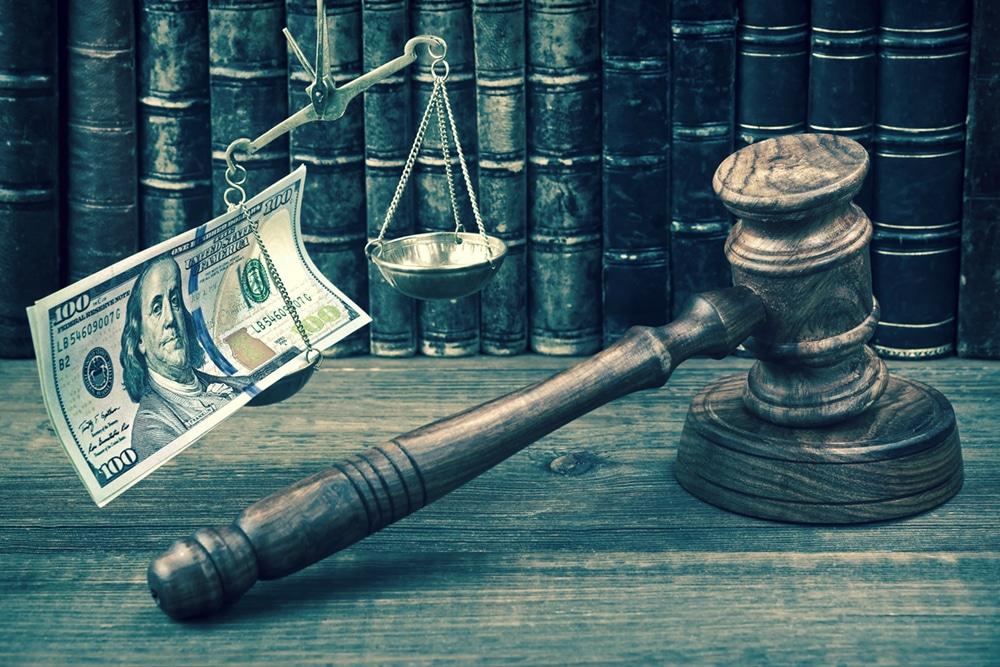If you are struggling to the point where you don’t know what you’re going to do anymore, you may have a lot of questions about bankruptcy and how it will affect your family. To help you out, we have put together some important information that will hopefully clear things up.
What Actually Is Bankruptcy?
Bankruptcy is a legal process in which you tell a judge of the court that you can no longer afford to pay your debts. Steps will be taken to examine your finances, assets, and liabilities to determine if your debts can/should be discharged. Once a judge determines you were right and there is no feasible way for you to pay off your debt you will be able to officially declare bankruptcy.
What Does Bankruptcy Do?
Depending on the circumstances of your unique situation, bankruptcy may be able to halt the foreclosure of your home, the repossession of your property, or even the garnishment of your wages. At its core, bankruptcy will eliminate much, but often not all, of your debt. Bankruptcy will not eliminate:
- Alimony
- Child Support
- Government Debts (taxes, fines, etc.)
- High value items purchased before you filed for bankruptcy, including motor vehicles or jewelry.
Each bankruptcy case is different, meaning you may still have to pay back some of your debt even if a majority of it is discharged. To determine exactly what and how much you will need to pay back, you should always consult with experienced bankruptcy attorneys, like ours at Church and Korhonen, PC.
Types of Bankruptcy
There are two primary types of bankruptcy you can file.
- Chapter 7 bankruptcy involves the court selling most of your assets to pay off your debt, with any remaining debt being erased. You may lose your vehicle, or your home, and it will stay on your credit report for up to 10 years. A person can only file for Chapter 7 bankruptcy if a court decides your income is insufficient to pay off your debt.
- Chapter 13 bankruptcy is more of a payment plan. The court recognizes your willingness to pay off your debt and will agree to monitor your budget to make sure you’re making your payments over the course of an agreed upon time frame. This form of bankruptcy is often the preferred option considering it allows debtors to keep their assets and will fall off a credit report after only seven years.
Consequences Of Bankruptcy
Although bankruptcy can be very helpful if you have nowhere left to turn, there are admittedly some consequences you should be prepared for.
- Bankruptcies are considered public knowledge. This means that once you file, any potential employers, financial institutions, or businesses you contact in the future can find out all about it.
- It can make buying things a lot harder since getting a loan can be difficult once you’ve filed for bankruptcy. In fact, it has been known to take up to four years for most people to qualify for a mortgage loan after filing for bankruptcy.
- Filing for bankruptcy can be really expensive. The mandatory filing fee’s alone can be several hundred dollars.
Final Thoughts?
Filing for bankruptcy is a big deal, and not a decision that should be taken lightly. If you are concerned that bankruptcy is the only option left for you, we urge you to get in touch with our seasoned bankruptcy attorneys at Church and Korhonen, PC. We can help you determine exactly what is best for you and your family! Call Church and Korhonen, PC, toll-free at 1.800.758.5611 or simply fill out the form in the sidebar to begin taking steps to a more sound financial future, greater peace of mind and a fresh start.

